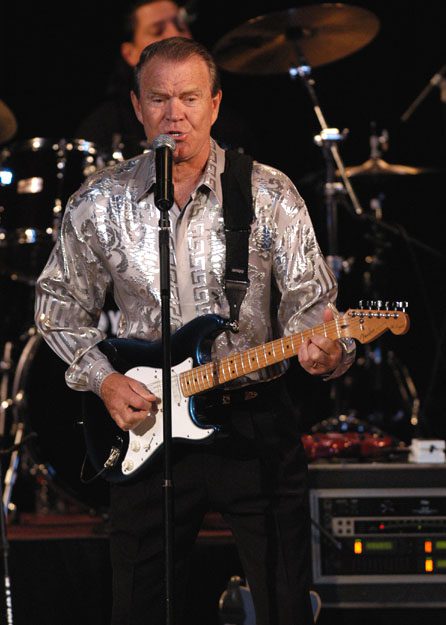May Lyster
Dublin, Ireland

Throughout the gradual decline of one’s memory and behavior, the ever-changing world can become difficult to understand and comprehend. Around the world, approximately 24 million people currently have Alzheimer’s disease. However, the number of friends and family indirectly affected by this degenerative disease is considerably higher. The experience of watching a loved one’s health decline from Alzheimer’s is incredibly difficult. People seem to respond differently, some initially feeling anger, some denial, and some sadness.
Many patients in the advanced stages of the disease can still remember song lyrics and rhythms even if they cannot remember their family’s names. The ability to remember musical rhythms is a procedural memory, and the parts of the brain used are preserved when others are damaged. The Italian poet Cesare Pavese once said “we do not remember days, we remember moments.” This beautifully highlights what singing can give to Alzheimer’s patients, as well as their friends and family. Music provides connection, alleviating loneliness which speeds up the progression of Alzheimer’s. Moreover, it provides relaxation, which helps the nervous system recover. Music provides people with identity and a glimpse of their past lives.
Afflicted with Alzheimer’s in 2016, the American singer Tony Bennett sang for many years after his diagnosis and toured with Taylor Swift in 2021. His neurologist, Gatatri Devi, spoke about how much singing helped Bennett, keeping him “on his toes.” This was highlighted during the pandemic when he could not perform, which she described as a “real blow from a cognitive perspective.”
“Rhinestone Cowboy” singer Glen Campbell planned a three-week goodbye tour after his diagnosis with Alzheimer’s in 2011. However, he toured for 425 days, performing 151 shows in total. He was incredibly open with the public about his fight with Alzheimer’s and spread awareness of it through his film Glen Campbell: I’ll Be Me. It is one of the few films to have a one hundred percent rating on Rotten Tomatoes. Although he required a cue for the lyrics to his songs, his friends say he could always perfectly strum a guitar solo.
Singing provides both Alzheimer’s patients and their friends and family with an escape from the disease. In a disease as brutal as Alzheimer’s, there remains a sense of beauty that the ability to sing, and show previous parts of one’s life through song, is one of the most carefully preserved parts of the human brain.
References
- Mayeux, R., and Y. Stern. “Epidemiology of Alzheimer Disease.” Cold Spring Harbor Perspectives in Medicine 2, no. 8 (2012): a006239-39.
- Sakay, Yasemin. “Dementia: Does Music Have the Power to Unlock Memories?” Medical News Today, April 28, 2023. https://www.medicalnewstoday.com/articles/in-conversation-investigating-the-power-of-music-for-dementia
- Ting, Berne et al. “Music Intervention for Pain Control in the Pediatric Population: A Systematic Review and Meta-Analysis.” Journal of Clinical Medicine 11, no. 4 (2022): 991.
MAY LYSTER is a first-year medical student studying at Trinity College Dublin. She is from London but will spend the next five years of her life in Dublin. She loves reading, kitesurfing, the sun, hiking and cooking pasta. As her degree is so STEM focused, she really enjoys learning about the arts.

Leave a Reply